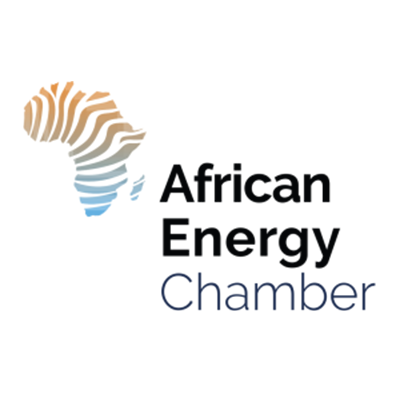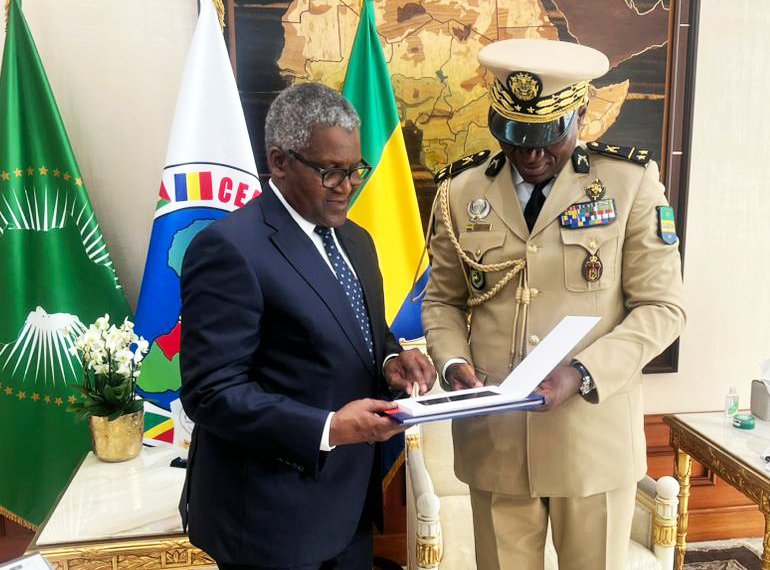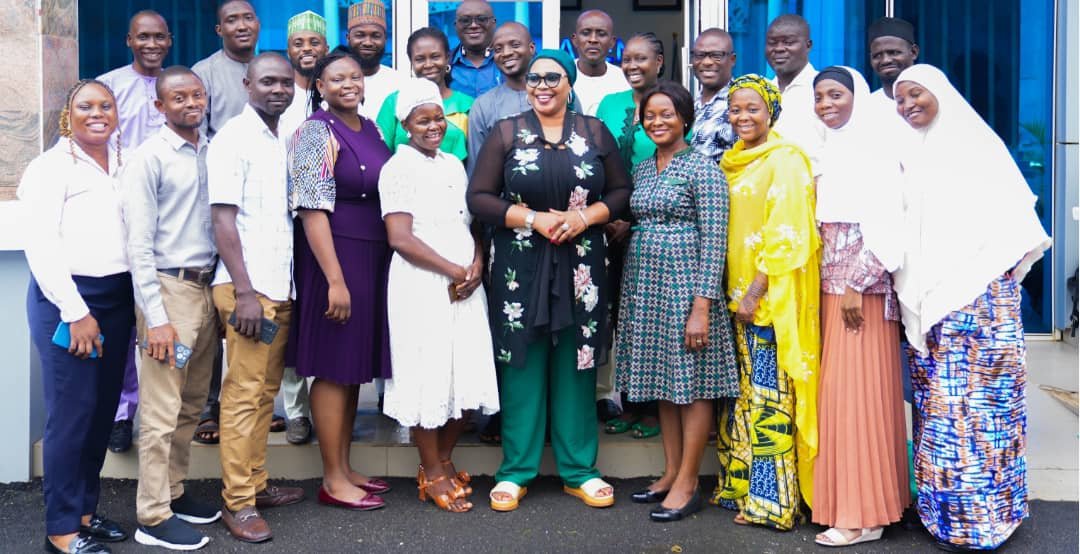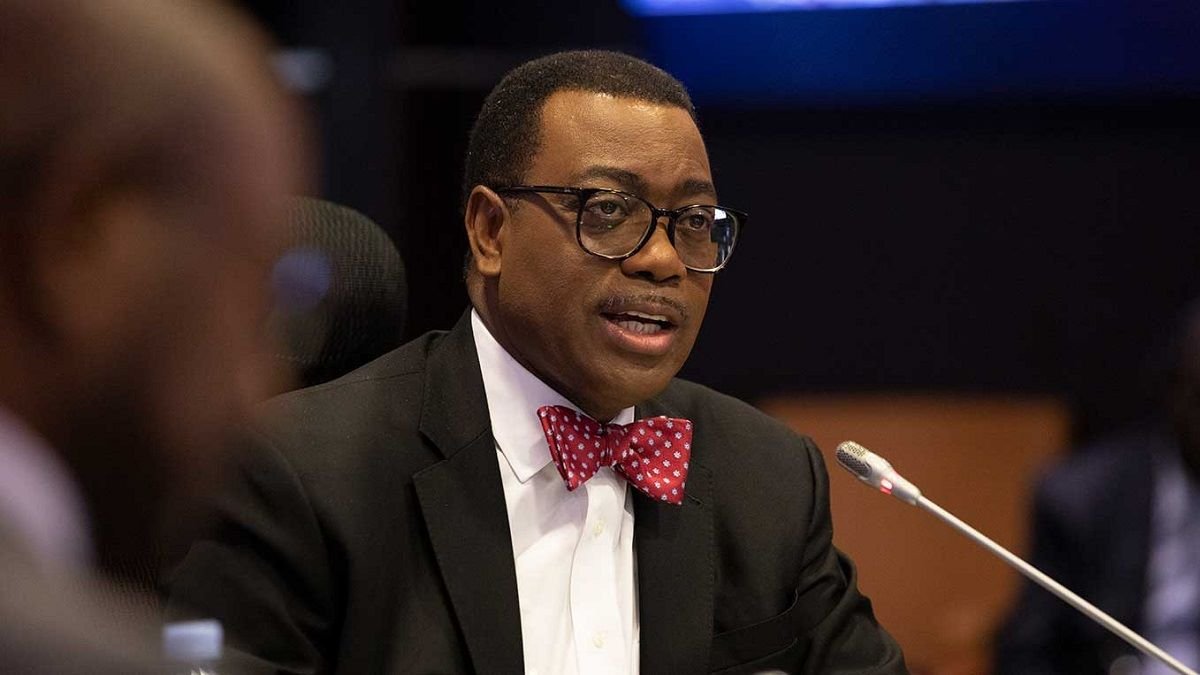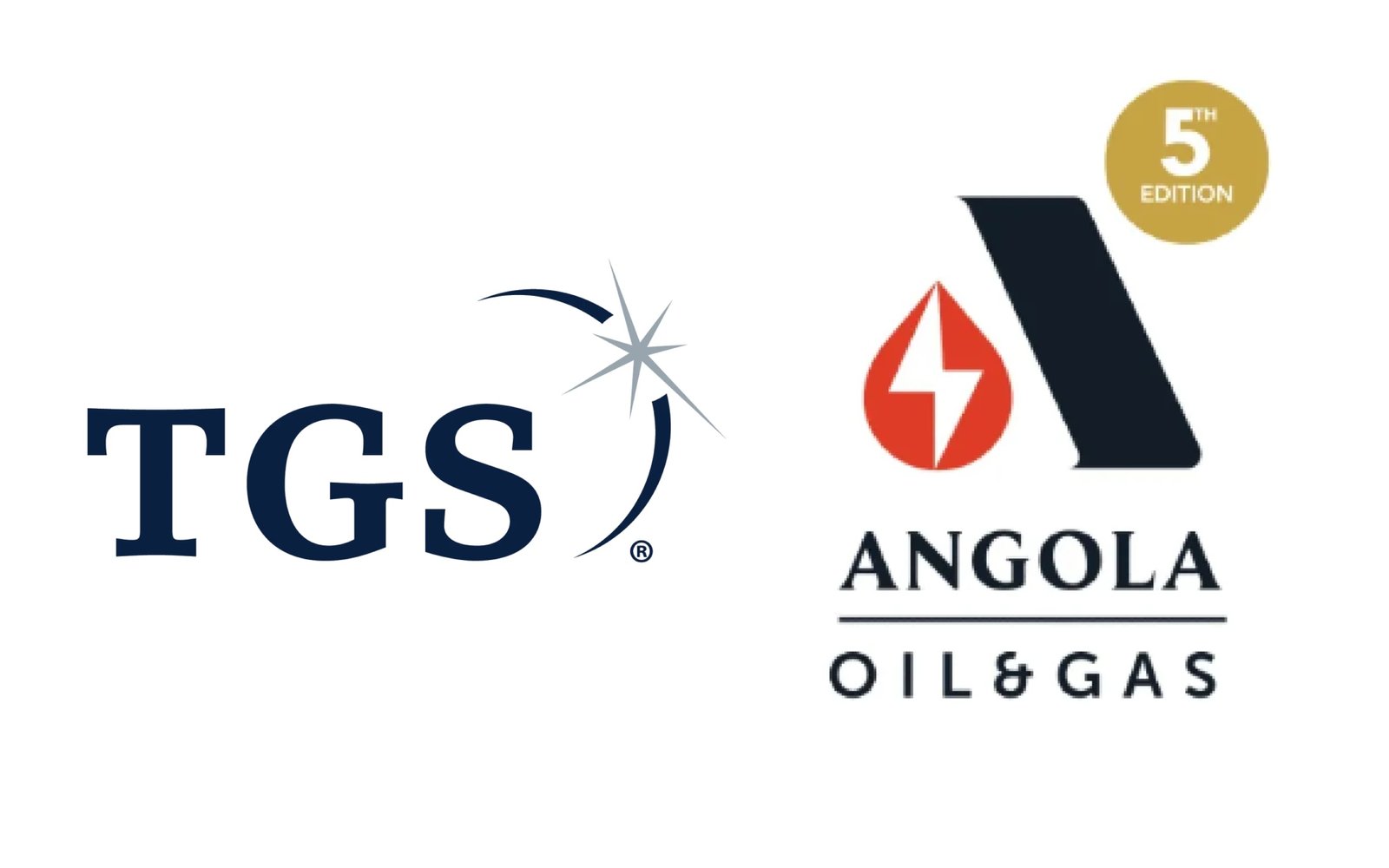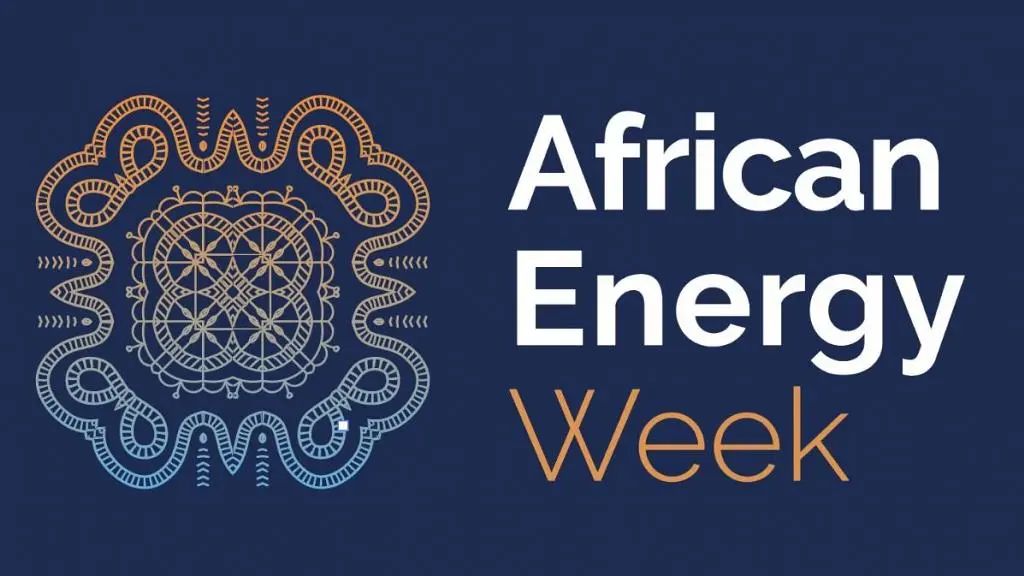By NJ Ayuk
As we approach the end of 2021 and COP26, the African oil and gas industry is in a precarious position.
As if the economic devastation of the pandemic weren’t enough, we’re also faced with increasing pressure to reduce our production of fossil fuels and move toward renewables. Many of the majors are beginning to divest from African oil and gas projects because of the issues emerging around the energy transition.
But oil and gas remain critically important to meet Africa’s economic and energy needs, and that need is greater than ever. Our countries rely on oil production for revenue and jobs, and natural gas is still an important means of reducing energy poverty. It’s also essential to build much-needed infrastructure so we can industrialize and diversify our economies.
We face challenges on all sides. Our economic survival depends on a thriving, strategically managed oil and gas industry, and African governments must act now to protect our industry and our future.
The Clock is Ticking
The African Energy Chamber recently released our 2022 Outlook outlining the industry forecast for next year and beyond. While the report indicates signs of recovery, it also signals the need for African governments to step up their efforts to ensure the health and longevity of our industry — and the need for even more immediate and decisive action in the post-pandemic environment. If our oil and gas industry is to deliver the benefits of a just energy transition to the African people, our governments must move quickly.
The AEC report brings new urgency to the issues that have plagued our industry for decades. I’ve written at length about the need to reform our fiscal policies and regulatory structures. This includes better deal-making, retooling ineffective regulations, and putting an end to corruption, human rights abuses, and resource nationalism. And in the post-pandemic environment, it’s even more critical that we adjust our deal structuring to account for the higher perceived risk of doing business in Africa.
Signs of Recovery
There’s still time for African governments to take the lead and reshape our future. The 2022 Outlook highlights some positive indicators for the period ahead. But the window of opportunity is small, and we must take advantage of every upward trend.
2021 saw crude prices begin to recover and stabilize well above the historic lows of 2020. Several major projects have been sanctioned, including the Eni-operated Cuica field in Angola, the Total Energies-operated Tilenga project onshore Uganda, the Chevron-operated Sanha lean gas development, and the CNOOC-operated Kingfisher South project. That activity helped maintain African capital expenditures at an estimated USD33 billion, slightly above the year-end 2020 estimates.
Rig demand, another growth indicator, is expected to rebound significantly beginning in 2022 as higher oil price expectation helps to revive exploration activity and drilling programs for projects currently in development get underway. Based on the oil price outlook presented in the report, the combined potential of these new projects and further exploration activity will help propel demand back toward pre-pandemic levels.
Gas-to-power remains a huge — and still growing — area of opportunity. Gas supply and demand are forecast to recover after the sharp 2020 decline, and LNG demand is expected to grow at a healthy CAGR of 5%.
All these point to the start of a new cycle of recovery and growth. That said, however, the pandemic caused unprecedented market turmoil, and its impact on our industry will have far-reaching effects for years to come. We have a long recovery ahead and a host of issues to contend with.
A New Set of Challenges
The AEC report estimates that COVID-19 will have cost Africa nearly USD150 billion in exploration and development expenditure between 2020 and 2025. Clearly, the need for action is urgent.
One of the biggest challenges facing our industry is the decline in capital spending. Capital expenditure was already trending downward as we entered 2020. Even before the pandemic, new project activity was slowing because of general cost compression and the difficulty of getting new projects sanctioned. With COVID deferring investment decisions on many projects, capital expenditure is expected to remain low through 2025.
Upstream exploration also took a big hit. 2020-2021 discoveries were the lowest in a decade. The upstream outlook for 2022 is more encouraging, with 13 new high-impact wells anticipated. But with crude prices not expected to rebound until 2023, projects will continue to be deferred or deemed commercially unviable, limiting our growth potential. The majors’ upstream investments are expected to decline 2022-2025 by about USD34 billion compared to year-end 2020 estimates.
It’s Time to Push Harder
While the AEC report forecasts some modest improvement for 2022, the message is clear: African governments must move swiftly to ensure that the arc of our energy transition bends in the right direction. With access to electricity at only 56% of the African continent — and at less than 40% in more than a dozen countries — our top priority remains achieving universal access to energy. This is the foundation of economic empowerment for all Africans and our larger mission.
Specifically, as NOCs and IOCs struggle to regain their post-pandemic footing, we need to prioritize oil and gas development by optimizing the conditions for investment and partnership. We can’t fall victim to the foot-dragging and red tape that has hindered our progress in the past. We must continue our drive for amended policies, restructured regulatory frameworks, and investor initiatives that improve the conditions for doing business in Africa.
What’s Our Game Plan?
Let’s look at the actions African governments can and should take to protect our oil and gas industry.
For one thing, we should be making better use of technology. We’re living in the most technologically advanced era in human history, but the African oil and gas industry has failed to utilize digital solutions effectively. We should be using 21st-century solutions to solve 21st-century problems.
A good place to start our digital transformation is with licensing rounds. After a 2019 uptick in licensing activity, several rounds in 2020-2021 were delayed or canceled altogether in the wake of the pandemic. I’ve advocated for revamping licensing rounds for some time now, and the need for reform is even more pressing in the post-pandemic environment. The glacial pace of our bureaucratic, paper-laden process continues to hold us back. We can generate more exploration faster with a more streamlined system, but that demands the ability to process data much more quickly.
Yes, technology requires an investment. Most worthwhile ventures do. But if that investment rewards us with more exploration and development, it’s well worth making. We’re already late to the party, and our failure to adopt digital solutions has hurt our progress. We can’t afford to wait any longer.
We should also make sure we’re doing everything we can to ensure contingent investment. The AEC report projects capital spending to stay relatively flat in 2022–2023, with any 2024-2025 growth expected to come from contingent expenditure. Rig demand is one growth indicator, as I’ve said, and it’s often tied to contingent resources and, as a result, sensitive to investment decisions expected in the next few years. In Angola alone, for example, about 45% of rig demand is related to contingent resources. Regulatory authorities should expedite projects to provide longer-term visibility on future production volumes so we can realize that revenue, which the AEC estimates at up to $40 billion.
Reducing project breakevens is another important way we can sustain and generate development. In the wake of COVID, many operators delayed projects with high breakeven crude prices. When oil prices crashed to below $35 per barrel, it had a drastic impact on economic forecasts since many projects were planned assuming a price of $55-$60 per barrel.
Subsea tiebacks are one of the best ways to achieve more competitive project breakevens. Connecting new discoveries to existing production centers is an obvious development solution. The AEC reports that subsea tiebacks will be the largest category of investment through 2025. We should prioritize the use of subsea tiebacks to reduce breakevens and protect more revenue.
Gas-to-power continues to be a huge and growing opportunity for Africa. The 2022 Outlook reports that LNG will dominate our industry well into 2025. But we have to do a better job of incentivizing that activity. As the majors continue to shift away from crude oil and toward monetizing gas, we need to incentivize gas projects as proactively as we do oil exploration and production. Specifically, this means revising our PSCs to provide more favorable terms to investors. Most African countries currently have oil-based regulations or production contacts that don’t also include provisions for gas. Clear regulations are essential for us to achieve widespread distribution of natural gas and construction of gas-to-power facilities.
None of this is optional. All the measures I’ve outlined are crucial to minimize our losses and optimize the conditions for growth as we move into 2022. It’s not a question of if, but of how quickly we can put these reforms in place.
The Future is Now, and It’s Up to Us
Africa’s future depends on sustaining the longevity of our oil and gas industry. As we emerge from the pandemic, the need for action is even more urgent. African governments must take strategic, decisive, and immediate steps to protect and reform our industry.
It’s our responsibility to ensure that our energy transition benefits Africa and our people, and the time to act is now.


